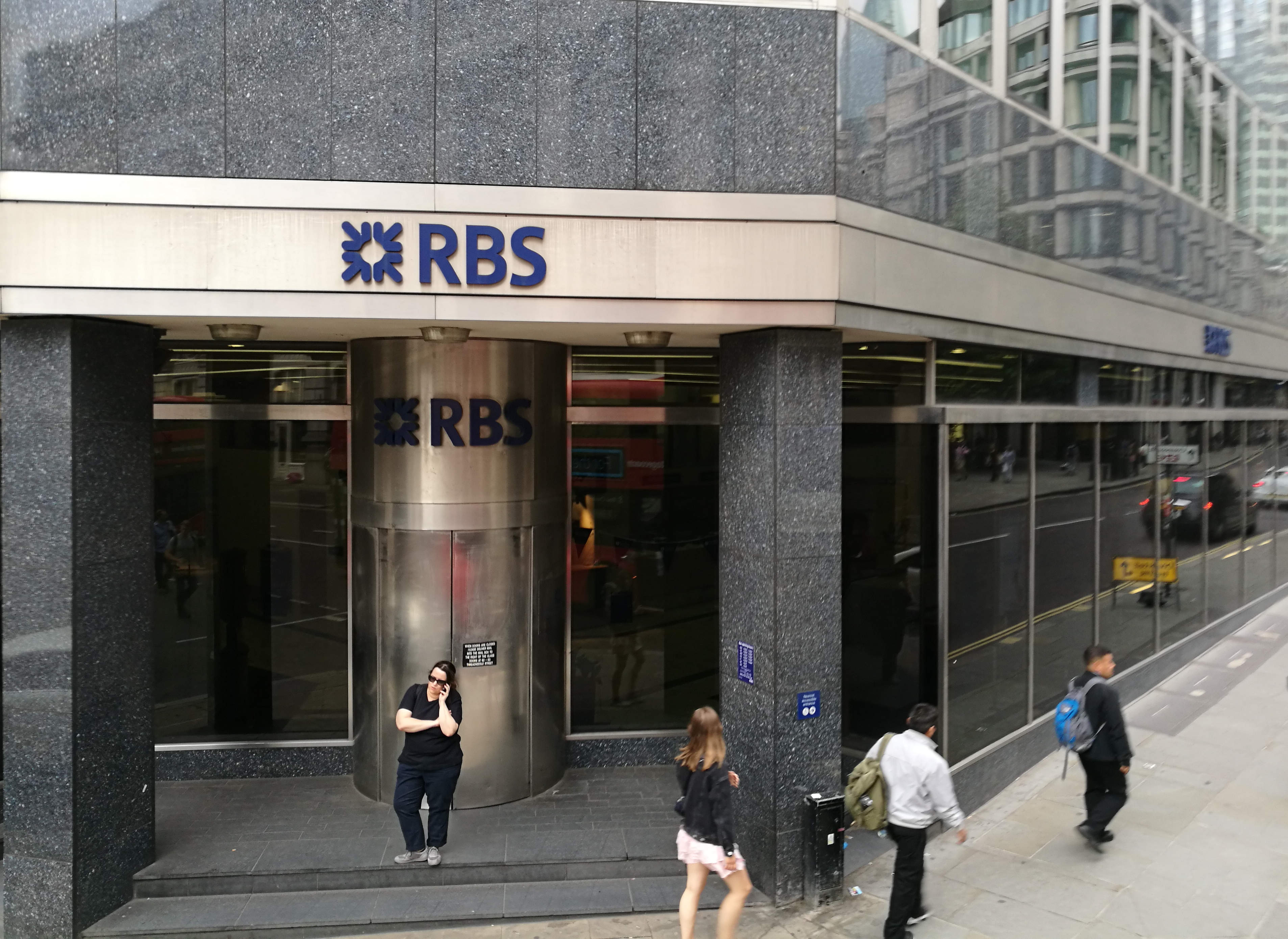
RBS Q2 2019 results are a decidedly mixed bag.
Taking the positives first, RBS Q2 2019 earnings present at first glance a resilient set of results.
In particular, the sale of a stake in Saudi lender Bank Alawwal means a special dividend of £0.12 per share.
Consequently shareholders will divvy up a dividend of £1.7bn. The UK government retains a stake of 62% in RBS. So the special dividend means a windfall for the UK Treasury of around £1bn.
And on a statutory basis RBS reports first half pre-tax profits up by almost 50% to £2.7bn.
RBS Q2 2019 digital highlights
Again sticking with the positives, RBS reports strong digital metrics.
How well do you really know your competitors?
Access the most comprehensive Company Profiles on the market, powered by GlobalData. Save hours of research. Gain competitive edge.

Thank you!
Your download email will arrive shortly
Not ready to buy yet? Download a free sample
We are confident about the unique quality of our Company Profiles. However, we want you to make the most beneficial decision for your business, so we offer a free sample that you can download by submitting the below form
By GlobalDataActive mobile banking users rise by 13% year-on-year to 6.8 million.
Mobile payments soar by 36% from a year ago to 120 million. Meantime, cheque usage is down by a whopping 51%. Branch transactions also continue to decline sharply, down another 34% y-o-y.
There is also evidence that RBS dire net promoter scores are on the rise, albeit from a low base.
RBS retail banking NPS is now -10. Compared to its major rivals, that remains dire but is at least an improvement on -21 a year ago.
On the other hand, RBS Business Banking NPS is an embarrassingly low -36 down from -29 a year ago.
RBS Q2 2019 less positive metrics
Strip out the Saudi disposal and the results are not quite so impressive.
In particular, RBS cautions that it is ‘very unlikely’ to meet its 12% RoTE target by 2020. On that point few analysts will disagree.
On an underlying basis, in other words taking out the Saudi sale, RBS Q2 2019 results only just beat forecasts.
The bank again flags up that it is under margin pressure. Net interest income in the second quarter is down by almost 10% y-o-y to £1.97bn. This is reflected in a fall in RBS’ net interest margin. That falls by 9 basis points from the year ago period to 2.04%.
Other less positive metrics include a 77% rise in net impairments to £323m.
RBS’ share price is down by 5% since release of the second quarter results at £2.04.
For the year to date, the share price is down by 3%.







